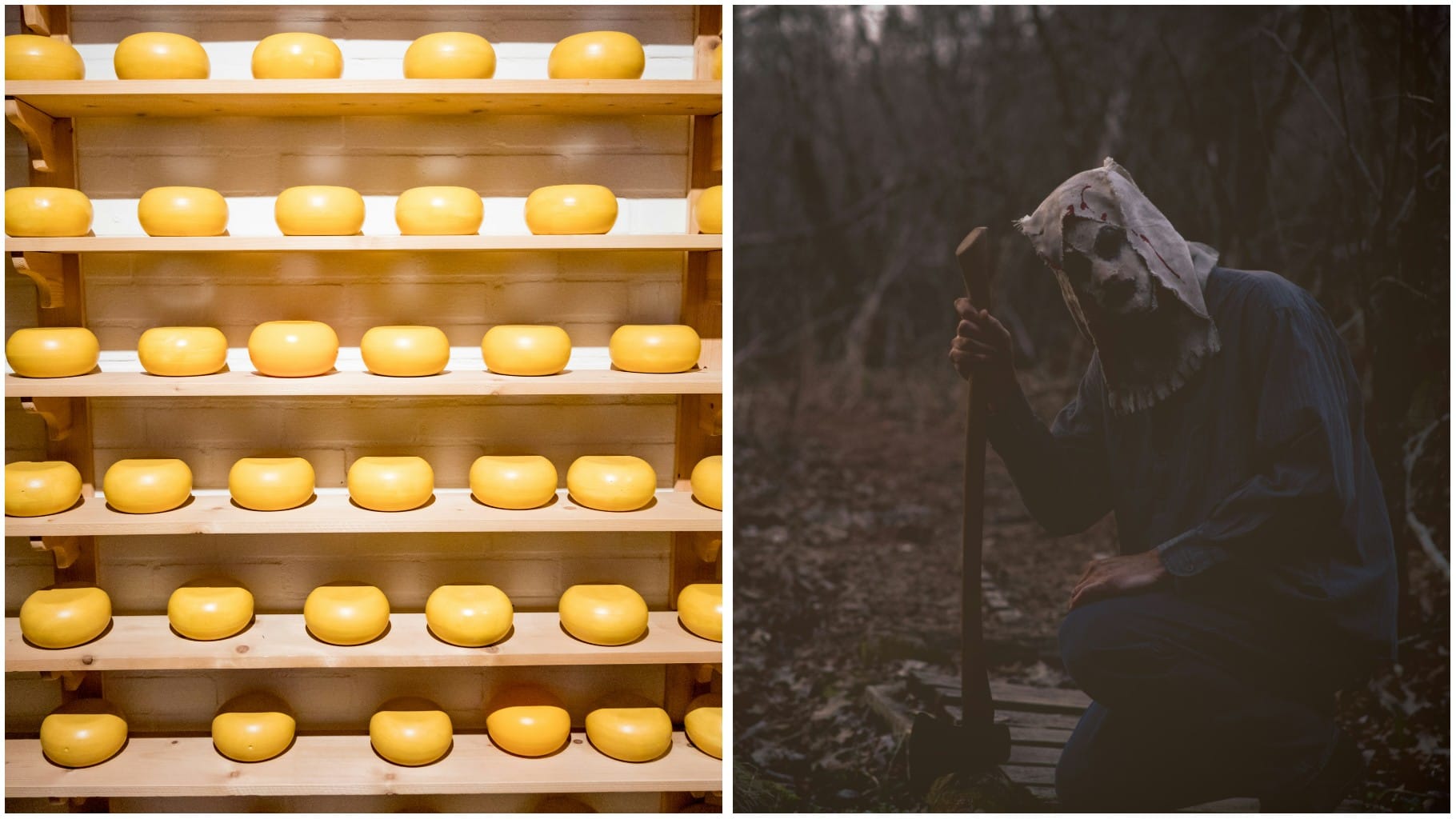Study Confirms Cheese May Fuel Nightmares, Especially for Lactose-Intolerant Individuals
New Research Links Dairy Consumption to Disturbed Dreams, Urging Caution for Late-Night Cheese Snacks A new study published in the journal Frontiers in Psychology has lent credence to the age-old belief that eating cheese before bed may lead to nightmares, particularly for those with lactose intolerance. Conducted by researchers at
New Research Links Dairy Consumption to Disturbed Dreams, Urging Caution for Late-Night Cheese Snacks
A new study published in the journal Frontiers in Psychology has lent credence to the age-old belief that eating cheese before bed may lead to nightmares, particularly for those with lactose intolerance. Conducted by researchers at MacEwan University in Alberta, Canada, and led by Dr. Tore Nielsen of the Université de Montréal, the study surveyed 1,082 college students to explore connections between diet, sleep quality, and dream content. The findings, released on June 30, 2025, suggest that dairy products, including cheese, are strongly associated with increased nightmare frequency and severity, especially among those with food sensitivities.
The research found that about one-third of participants reported regular nightmares, with women more likely to recall dreams and experience poor sleep. Notably, 40% of students believed that eating late at night or consuming specific foods, such as dairy, sweets, or spicy foods, negatively affected their sleep. Of those linking food to nightmares, 22% pointed to dairy, with cheese and pizza frequently cited as culprits. The study identified a "robust association" between lactose intolerance and nightmares, suggesting that gastrointestinal discomfort from dairy consumption may disrupt sleep and trigger vivid, unsettling dreams. “Nightmare severity is strongly linked to lactose intolerance and other food allergies,” Nielsen stated, noting that dietary adjustments could alleviate these issues.
🚨#BREAKING: Officials say a new research study has found that cheese could increase the chances of having nightmares pic.twitter.com/OrER2W8Dlk
— R A W S A L E R T S (@rawsalerts) July 3, 2025
The study builds on earlier research, including a 2015 study by Nielsen that found dairy was commonly blamed for disturbing dreams but lacked data on food sensitivities. The new findings propose that digestive issues, such as gas or stomach pain, may cause "micro-arousals" during REM sleep, heightening nightmare intensity. Experts like Marie-Pierre St-Onge from Columbia University suggest that these sleep disturbances could explain the link, while others note that cheese’s high fat content and compounds like tyramine may also play a role by affecting neurotransmitters involved in dreaming.
Eating Cheese Before Bed May Cause Nightmares, Study Finds https://t.co/yZsgQccPfN
— People (@people) July 1, 2025
However, not all cheese-related studies agree. A 2005 British Cheese Board study, though not peer-reviewed, claimed that eating cheese before bed improved sleep and did not cause nightmares, with different cheeses linked to varied dream types, such as celebrity-filled dreams from cheddar. Critics argue this study, funded by the dairy industry, may have been biased. In contrast, a recent experiment by The Odd Company in the UK found that consuming 30g of cheese before bed increased nightmare likelihood by 93%, with brie being the worst offender.
Social media reactions on X reflect mixed sentiments, with some users embracing the findings as a reason to avoid dairy, while others remain skeptical, citing personal experiences of undisturbed sleep after eating cheese. “I’ve said it once and I’ll say it again - dairy is intolerable garbage food,” one user posted, while another quipped, “Cheese gives me nightmares? Guess I’ll stick to vegan options.”Nielsen emphasized the need for further research, particularly experimental studies comparing cheese consumption to control foods before sleep. “We need to study more diverse populations to confirm these results,” he said, highlighting the study’s limitations, including its reliance on self-reported data and focus on young students. For now, those prone to nightmares may want to skip the late-night cheese board, especially if lactose intolerance is a factor, to ensure sweeter dreams.




